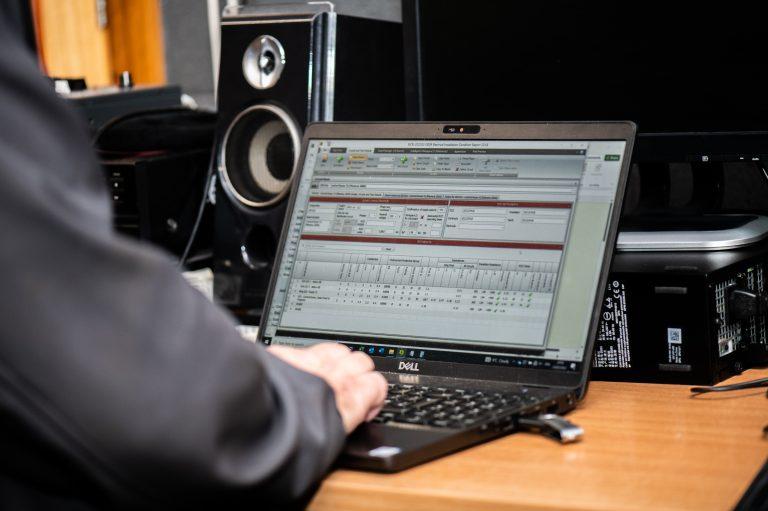Emergency lighting should be tested regularly to ensure that your workplace system is working safety and efficiently. If you fail to test and maintain your system, you may be liable for regulation breaches.
Here’s a quick guide to emergency light testing in the workplace.
Does my workplace need emergency lighting?
Emergency lighting is a legal requirement for all business premises. In the UK, the requirements state that a building must have adequate illumination for occupants to escape in the event of a mains power failure. It should also make firefighting equipment visible.
Premises included in this are offices, factories, warehouses, pubs and clubs, schools, hospitals and entertainment venues, in addition to temporary venues like tents and marquees.
Is emergency light testing a legal responsibility?
Yes, it is a legal responsibility both to have emergency lighting and to regularly maintain and test it. If you fail to maintain and regularly test your emergency lighting system, you are liable for breaching your legal responsibility.
Emergency Lighting British Standard BS 5266 sets out requirements for appropriate emergency lighting installations and testing. Adhering to this would serve as proof of compliance with FSO regulations.
What happens during workplace emergency lighting testing?
The person responsible for fire safety in your workplace should carry out monthly tests, known as flick tests, in between yearly full-duration discharge tests.
During a full duration emergency light test, an electrical specialist will simulate a power loss situation in your workplace. They will then test that the lighting unit activates as it should and is maintained for the duration of the battery – most commonly three hours. When the testing is complete, the lighting circuit will be reset to its standby state.
A full report will then be provided, including details of each light and information on any faults found. If your premises cannot be tested during work hours, you can arrange an out-of-hours service to suit your organisation’s needs.
To discuss emergency lighting testing for your premises, get in touch with the Intersafe team today.




